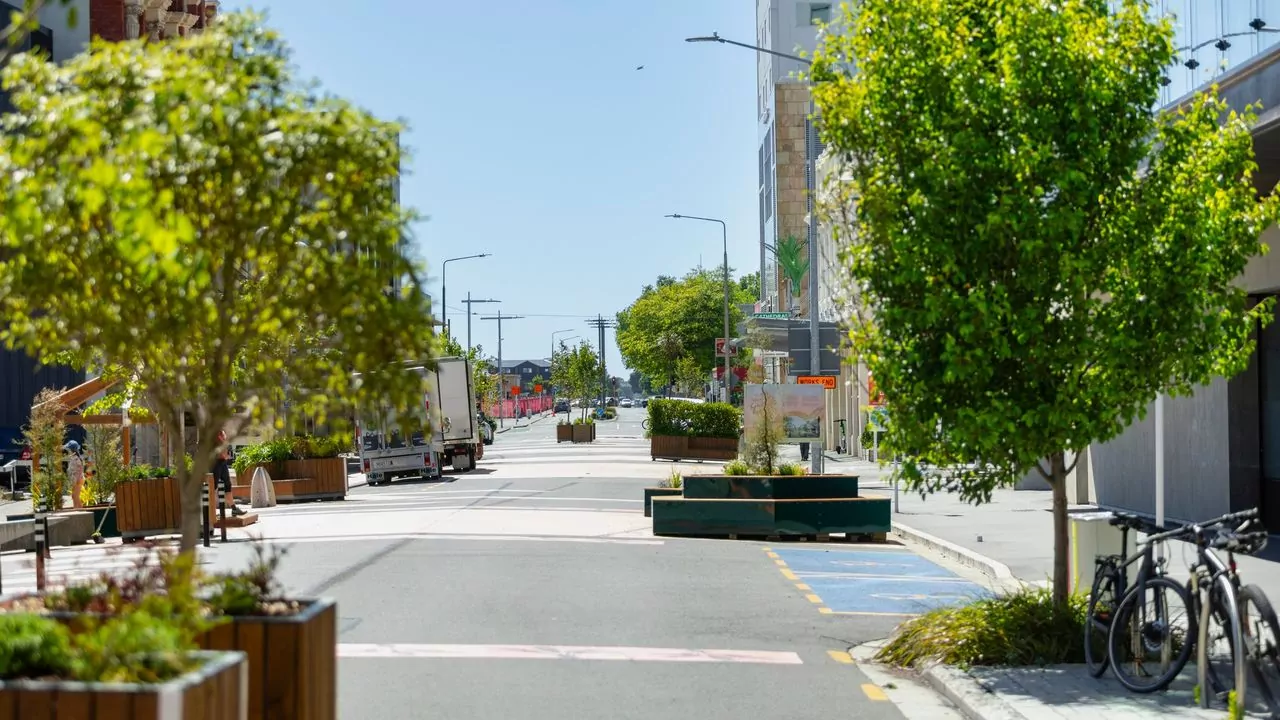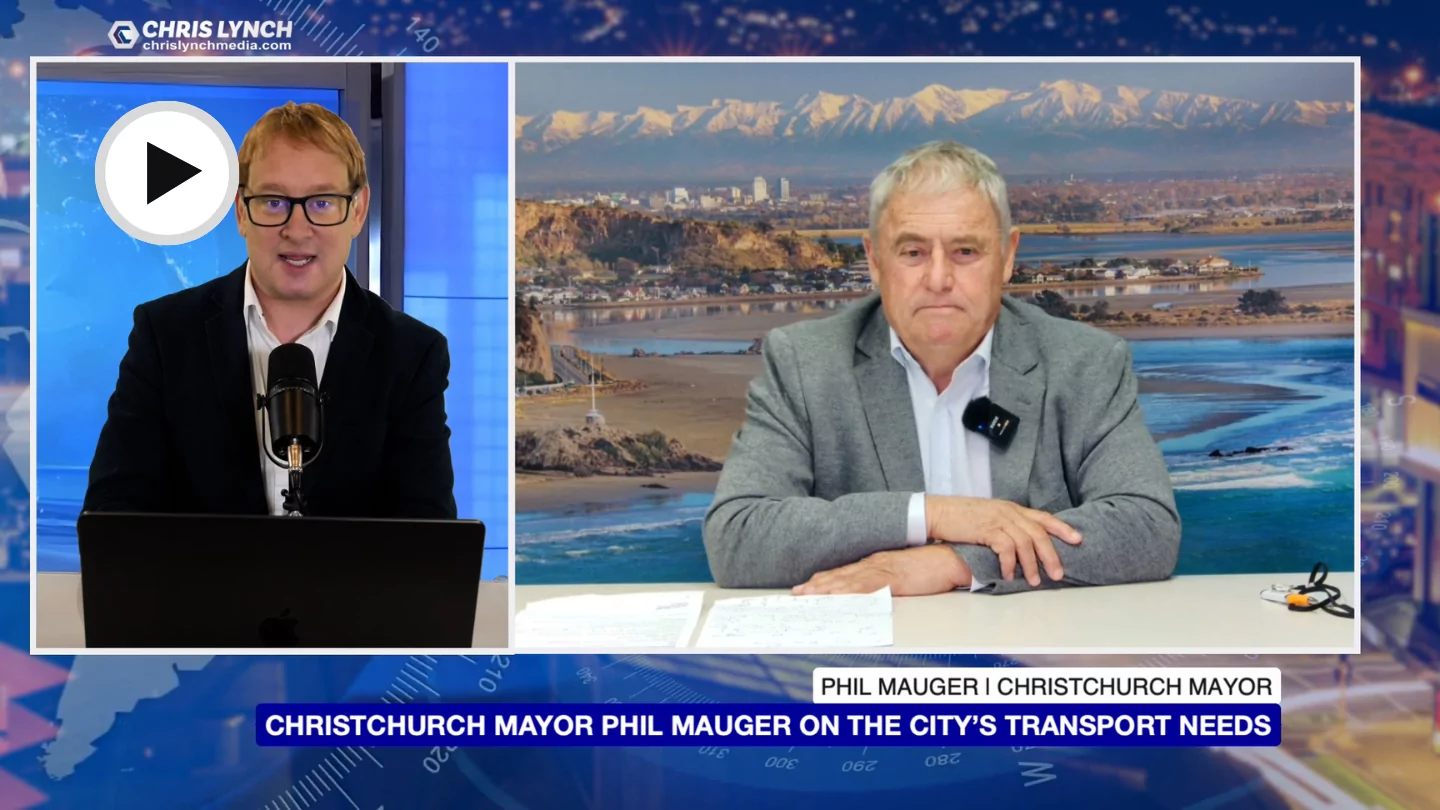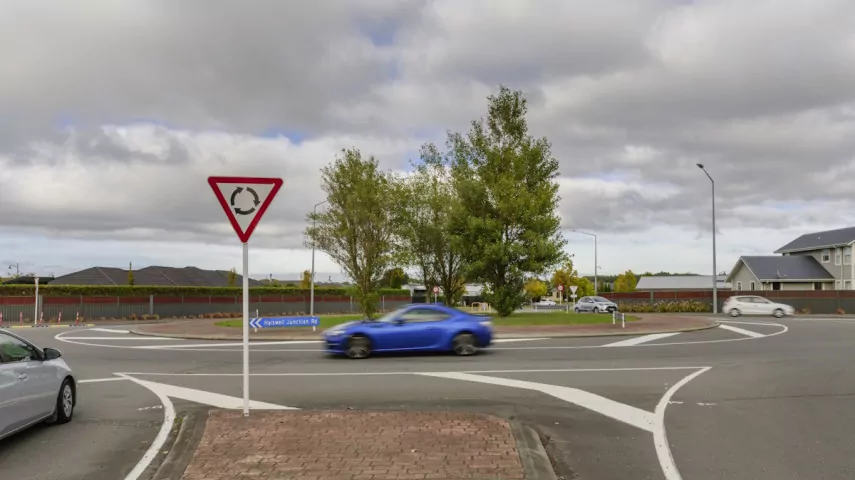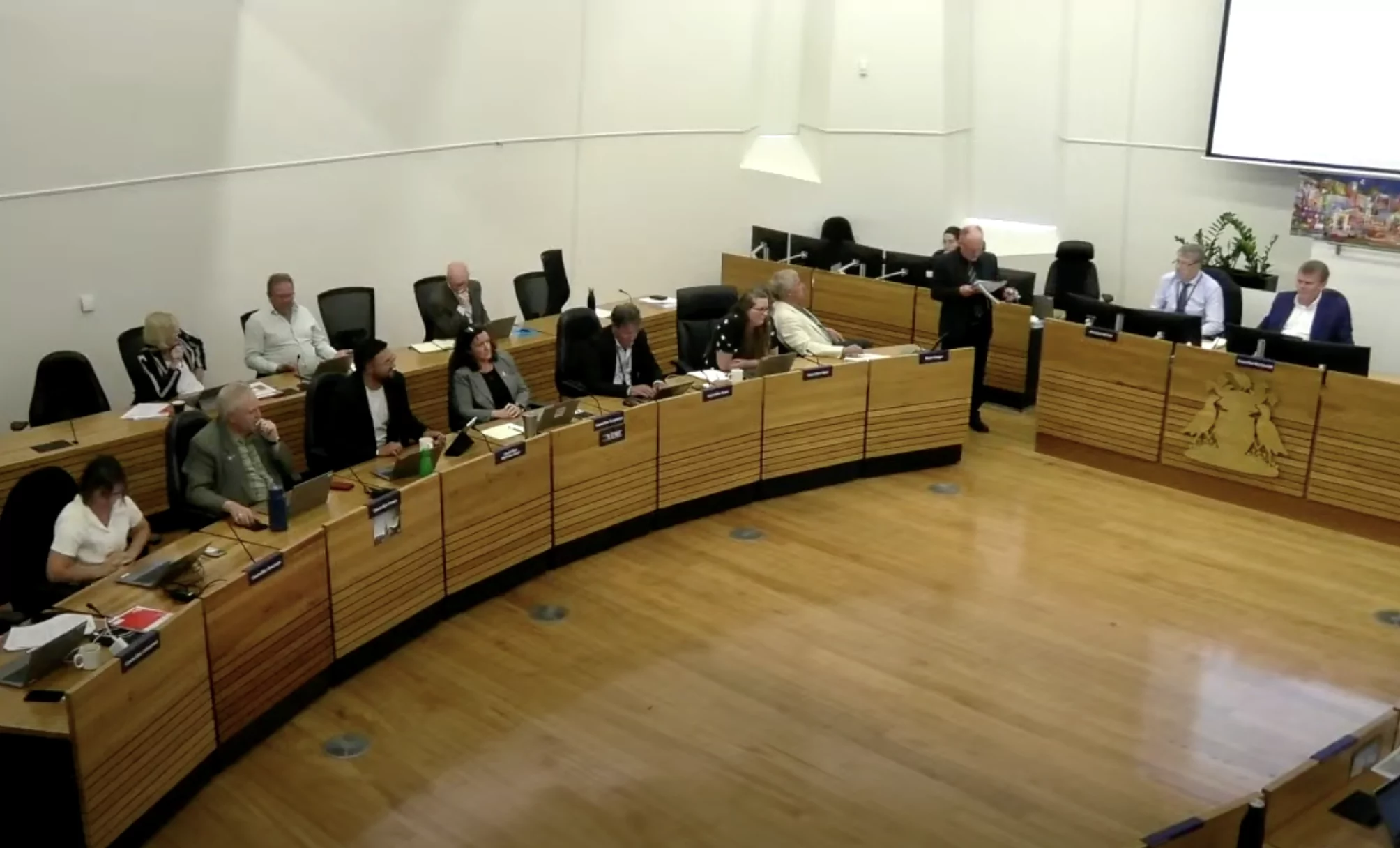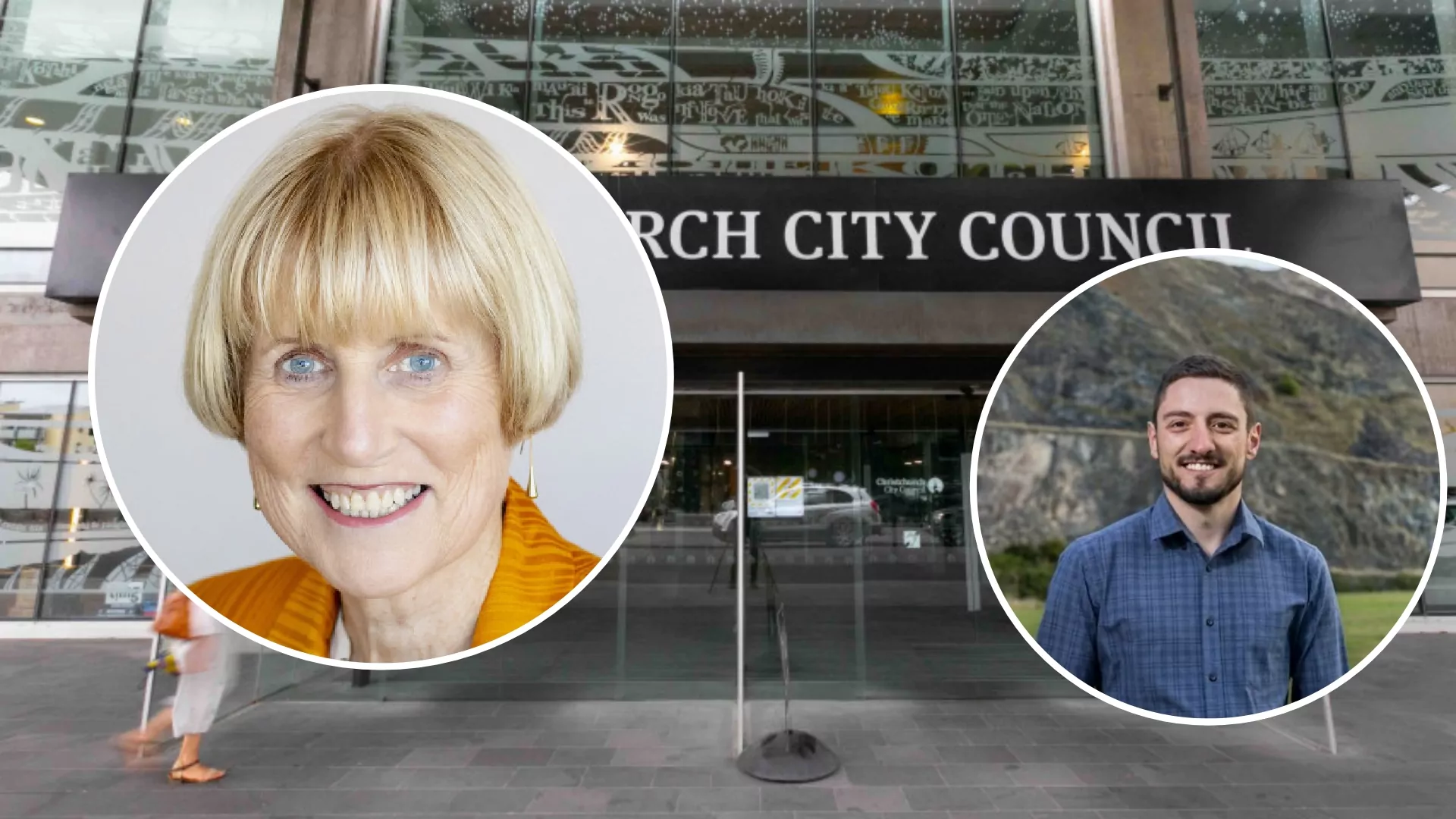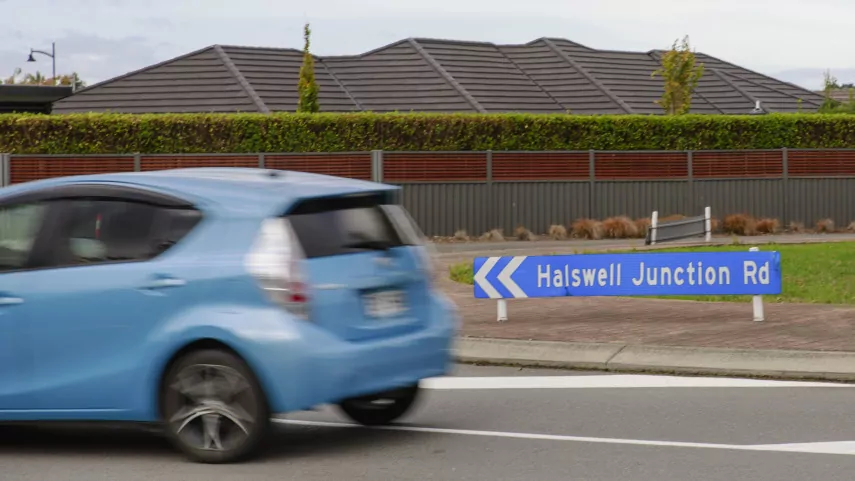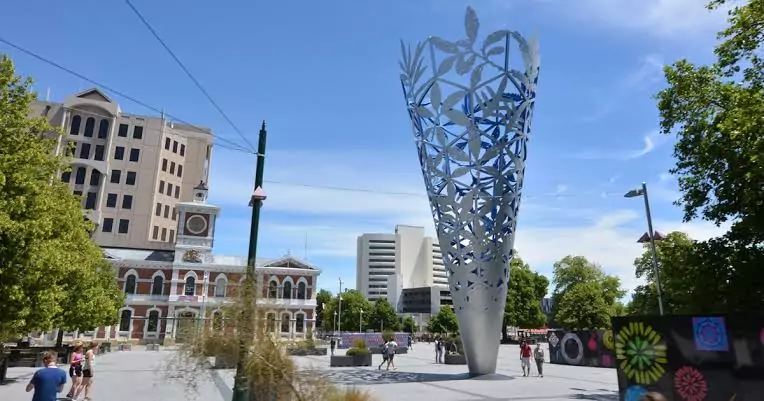Changes made to Gloucester Street to make it more pedestrian-friendly are set to stay, despite concerns raised about the process and ongoing costs.
Planters, speed cushions, outdoor seating, and a lower speed limit, initially introduced as part of a “trial,” will remain in place following a council decision.
The modifications, which stretch from Manchester to Colombo Streets, aim to create a more attractive route connecting key landmarks such as The Court Theatre, Te Pae, Tūranga, Cathedral Square, and New Regent Street.
At Wednesday’s council meeting, Mayor Phil Mauger said “In my opinion, it wasn’t necessary in the first place, but it got voted on, and it went through.
“The main thing I’m struggling with is the cost of removing it, whether it’s $230,000 or $240,000. I believe it’s artificially high, and it’s to encourage us to agree to leave it in.” Mauger made it clear that, while he doesn’t believe the numbers were “fudged,” he has repeatedly asked for a detailed breakdown of the costs and has yet to receive a full explanation.
Councillor Sara Templeton challenged Mauger’s comments, asking, “Sorry, point of order—are you accusing staff of fudging the numbers?” Mauger clarified, “No, the numbers are not fudged. The numbers are $230,000,” but reiterated his belief that the figures were artificially increased. He said, “I’ve asked a number of times for staff to give me the exact breakdown of how we got to $230,000… but I haven’t got the main bit from the contractor on how it was calculated.”
Councillor Tim Scandrett was among those who supported making the trial permanent. “We’ve got to move forward, and that’s what’s really pushing the city forward—that’s thinking outside the box, and everybody else in this country is looking at Christchurch with envy, and this is why,” he said.
Deputy Mayor Pauline Cotter echoed these sentiments, saying, “To make Gloucester Street a slow street, a safe street, an interesting street, is a really, really good move for Christchurch. Once you’re down there looking at it, it’s a really nice place to be, so I’m fully supportive of this today.”
However, some councillors voiced concerns about the project’s financial implications. Councillor Kelly Barber said, “I’m concerned about ongoing costs. You know, it’s the sort of thing that makes us look a wee bit silly if we’re paying $36,000 a year for repainting.”
Councillor Aaron Keown argued the city was not listening to the public. “The overwhelming feedback we hear is that the inner city is inaccessible… People don’t catch the bus; they don’t bike to these things. 90% of people drive to these facilities. So we need to facilitate that,” Keown said. He further criticised some councillors, saying, “It seems that some councillors would rather be dictators than facilitators.”
Councillor Celeste Donovan supported the changes, saying that making parts of the city more pedestrian-friendly was essential for Christchurch’s future. “If we want to move forward as a city, we have to accept that requires some changes… Accessibility isn’t just driving to the front door; it’s actually providing spaces that are safe for all users,” she said.
